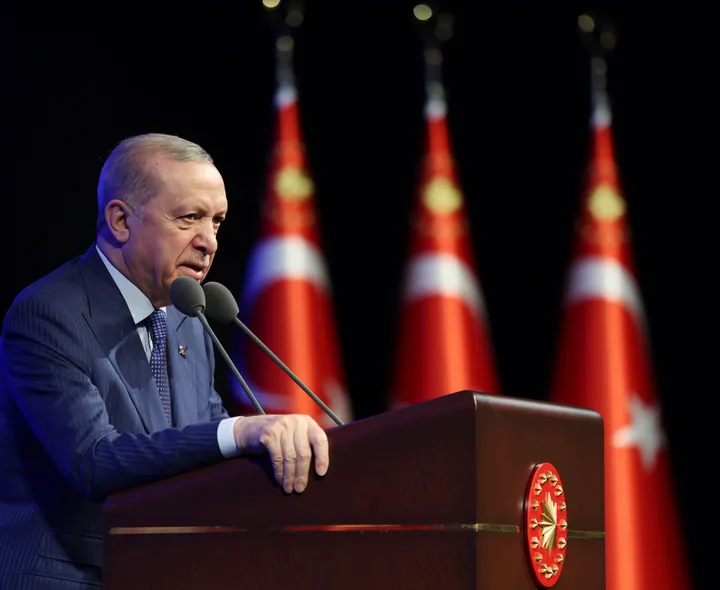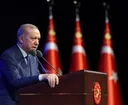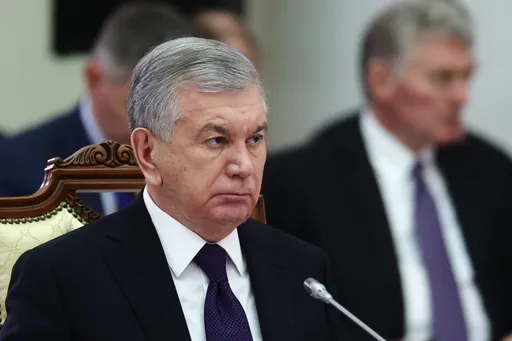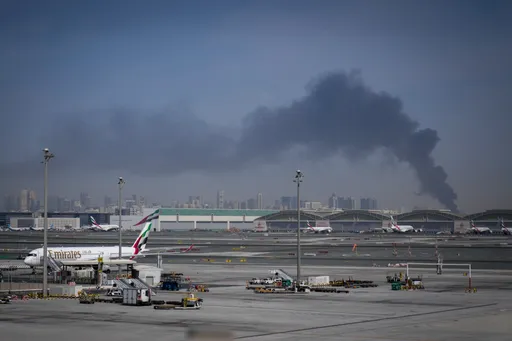A Tunisian court has halted President Kais Saied's dismissal of around 50 judges, underscoring the continued independence of courts despite Saied's moves to assume wider authority over the judiciary.
The Tunis administrative court had rejected the appeals of at least seven judges but blocked the dismissal of the others, pending a final ruling by a higher court, lawyer Kamel Ben Massoud said on Wednesday.
Among those sacked was Youssef Bouzaker, the former head of the Supreme Judicial Council whose members Saied replaced this year as he moved to take control of the judiciary.
The council had acted as the main guarantor of judicial independence since Tunisia's 2011 revolution that introduced democracy and Saied's changes prompted accusations he was interfering in the judicial process.
Another prominent judge on the list of those sacked was Bachir Akremi, whom some political activists accuse of being too close to the Ennahda party and of stopping cases against it. Ennahda and Akremi both deny that.
READ MORE:Tunisia's Saied sacks 57 judges, further cementing one-man rule
One-man rule?
The Tunisian president last month pushed through a new constitution through a referendum giving himself nearly unchecked powers, which his critics say will spawn one-man rule and the end of meaningful democracy.
The constitution has given him ultimate authority over both the government and judicial appointments, while making the parliament largely toothless.
The moves, which Saied and supporters say were needed to end years of political paralysis and economic stagnation in Tunisia, formalise temporary powers that he assumed after shutting down the elected parliament a year ago.
Among those moves was the replacement in March of several members of the Supreme Judicial Council, the body responsible for overseeing judges and the guarantor of judicial independence.
Saied, a law lecturer before his 2019 election victory, had been dismayed by several judicial decisions and accused the council of acting on behalf of political interests.
READ MORE: Tunisia’s referendum result paints a complex picture of the country























